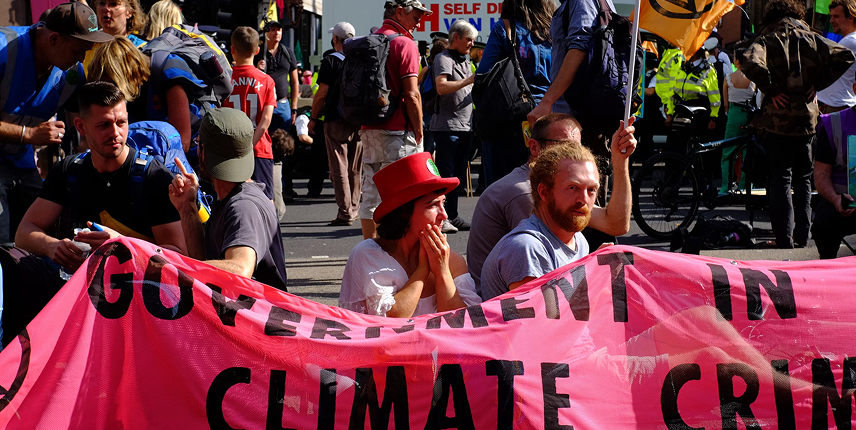Climate change is no longer a distant threat—it’s a present-day economic disruptor. Emerging markets, in particular, face mounting challenges as extreme weather, resource scarcity, and shifting global policies reshape their economic futures.
In 2025, the economic impact of climate change on emerging economies is growing more visible—and more urgent to address.
Why Emerging Markets Are More Vulnerable
Emerging markets often rely heavily on:
-
Agriculture
-
Natural resources
-
Informal labor sectors
These sectors are highly sensitive to climate shifts, such as droughts, floods, rising sea levels, and temperature extremes.
Moreover, limited infrastructure and weaker governance can delay effective climate adaptation and recovery efforts.
Key Economic Impacts of Climate Change
1. Agricultural Disruption
Many emerging economies depend on agriculture. Changing rainfall patterns and heat stress reduce crop yields, threatening food security and rural incomes.
2. Rising Costs of Infrastructure
More frequent climate-related disasters lead to expensive repairs and upgrades to roads, bridges, water systems, and energy grids—straining already limited budgets.
3. Increased Health Costs
Extreme heat, water-borne diseases, and air pollution raise public health expenses and lower labor productivity.
4. Foreign Investment Risks
Uncertainty from climate risks may reduce foreign direct investment (FDI), especially in industries vulnerable to climate damage like tourism, agriculture, and energy.
Economic Opportunities Through Climate Adaptation
Despite these challenges, climate change also opens economic opportunities for emerging markets:
Green Innovation
-
Investment in renewable energy (solar, wind, hydro) can reduce dependency on fossil fuels and create new jobs.
Climate-Resilient Infrastructure
-
Building smarter, sustainable infrastructure reduces future losses and attracts green financing.
Global Climate Funding
-
Climate finance from international institutions like the World Bank or Green Climate Fund provides emerging economies with support for adaptation projects.
What Can Emerging Markets Do?
1. Policy Reform
Governments must prioritize environmental regulations, climate-risk assessments, and long-term resilience plans.
2. Public-Private Collaboration
Partnering with businesses helps bring innovation and investment into climate solutions.
3. Education and Awareness
Empowering communities with climate knowledge promotes better decision-making at local levels.
Final Thoughts
The economic impact of climate change on emerging markets is profound—but not irreversible. With forward-thinking strategies, green investments, and global cooperation, these nations can turn climate risks into opportunities for sustainable growth.
The time to act is now—not just for the planet, but for prosperity.


